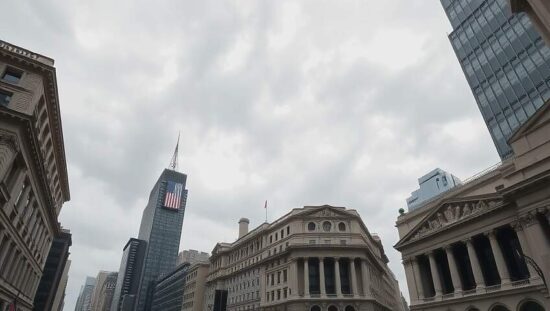A late-day reversal saw Germany’s benchmark DAX index retreat into negative territory on Thursday, despite an initially positive opening. The index, calculated around 12:40 PM, registered at approximately 24,211 points, representing a 0.7% decline from the previous day’s closing level. While Merck, MTU and Bayer led the gains, RWE, Siemens Healthineers and Siemens experienced downward pressure.
The market’s shift reflects a growing awareness amongst investors concerning the implications of the ongoing US government shutdown, according to market analyst Andreas Lipkow. The temporary extension of the debt ceiling deadline, initially perceived as a source of uncertainty, has now been reassessed. “The prolonged US shutdown, while disruptive, masked underlying economic realities” Lipkow commented. “Now, with the issue merely deferred to the end of January, US price and economic data are beginning to paint a clearer picture of the American economy’s condition.
Beyond the immediate impact of the debt ceiling extension, Lipkow highlighted the substantial gains the DAX has achieved within the past trading week – exceeding 4%. He suggested that the current pullback is a natural consequence of profit-taking and that chasing new record highs may be premature. “The possibility of fresh record highs remains in play, but the markets are likely to become increasingly volatile” he stated. “Exciting times are ahead.
The euro strengthened against the US dollar, trading at $1.1615, while the dollar fetched €0.8610. This currency fluctuation adds another layer of complexity for investors navigating the current market climate.
Meanwhile, Brent crude oil prices climbed, reaching $63.03 per barrel, an increase of 32 cents or 0.5% from the previous day’s close. This rise in energy costs could exert upward pressure on inflation and further complicate the economic outlook, prompting increased scrutiny from policymakers on both sides of the Atlantic.
The current market behavior raises critical questions regarding the sustainability of recent growth and the impact of geopolitical developments on European markets. The volatility suggests a need for cautious investment strategies and a heightened focus on mitigating potential risks amid a landscape characterized by significant uncertainty.





